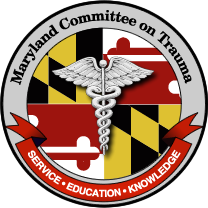MDCOT Courses
-

ASSET Program
Read moreDeveloped by the Ad Hoc Committee on Surgical Skills Committee on Trauma, American College of Surgeons. The ASSET course uses human cadavers to teach surgical exposure of anatomic structures that when injured may pose a threat to life or limb.
-

ATCN Program
Read moreATCN Hybrid Course
On March 1, 2021, STN launched the ATCN Hybrid Course, an alternative option to the traditional 2-day ATCN Student Course. Students choosing to take the Hybrid Option will be required to complete the full complement of online mATLS Learning Modules. After successful completion of the mATLS modules, the student must then complete the ATCN skills stations, skills test, and written examination in a classroom setting. The classroom portion of the ATCN Hybrid Course may be completed in 1 day or 1 ½ days. The ATCN Hybrid Course has been approved for 19 continuing education hours.
Upon registration students will receive the required online mATLS Learning Modules that MUST be completed prior to arrival at the course.
-

ATLS Program
Read moreInjured patients present a wide range of complex problems. The ATLS Student Course presents a concise approach to assessing and managing multiply injured patients. The course presents doctors with knowledge and techniques that are comprehensive and easily adapted to fit their needs. The skills described in this manual represent one safe way to perform each technique. The ACS recognizes that there are other acceptable approaches. However, the knowledge and skills taught in the course are easily adapted to all venues for the care of these patients.
-

ATLS Refresher Program
Read moreInjured patients present a wide range of complex problems. The ATLS Student Course presents a concise approach to assessing and managing multiply injured patients. The course presents doctors with knowledge and techniques that are comprehensive and easily adapted to fit their needs. The skills described in this manual represent one safe way to perform each technique. The ACS recognizes that there are other acceptable approaches. However, the knowledge and skills taught in the course are easily adapted to all venues for the care of these patients.
-

ATOM Program
Read moreThe Advanced Trauma Operative Management (ATOM®) course is an effective method of increasing surgical competence and confidence in the operative management of penetrating injuries to the chest and abdomen.
-
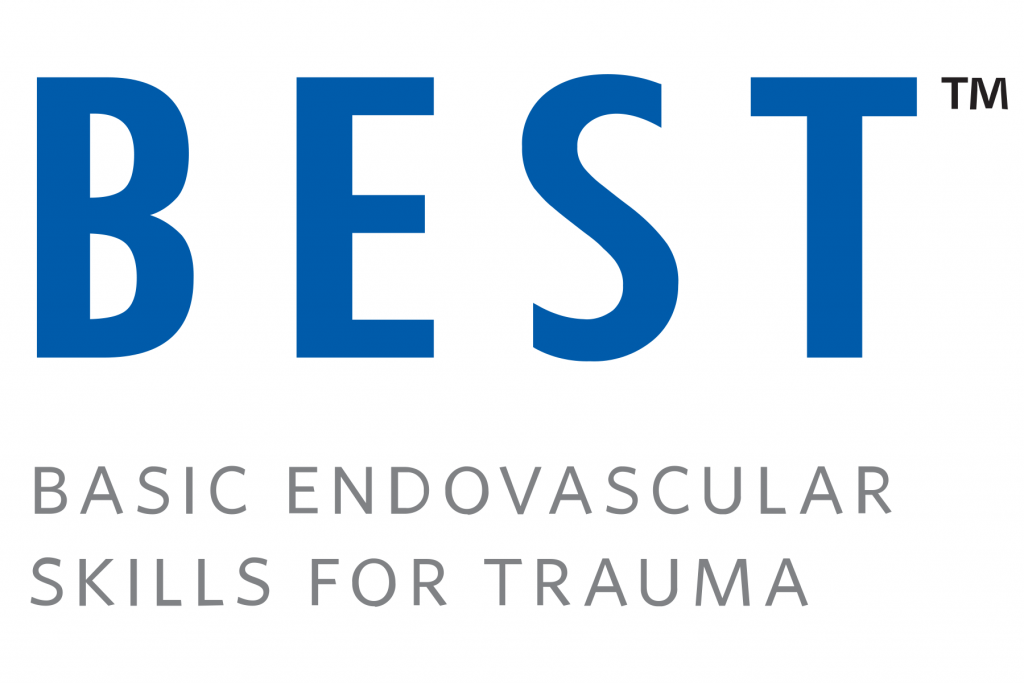
BEST Program
$1,500.00Select options This product has multiple variants. The options may be chosen on the product pageThe BEST course is the third surgical skills course to be offered by the COT. Participants in the course learn endovascular techniques such as resuscitative endovascular balloon occlusion of the aorta (REBOA) to temporize life-threatening hemorrhage.
-
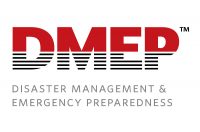
DMEP Course
Read moreDeveloped by the Ad Hoc Committee on Disaster and Mass Casualty Management Committee on Trauma, American College of Surgeons. Course emphasizes an all-hazards approach, emphasizing that many principles apply to disasters of all kinds regardless of specific mechanism. Surgical problems and the role of surgeons in disasters are emphasized even with non-surgical forms of injury.
-
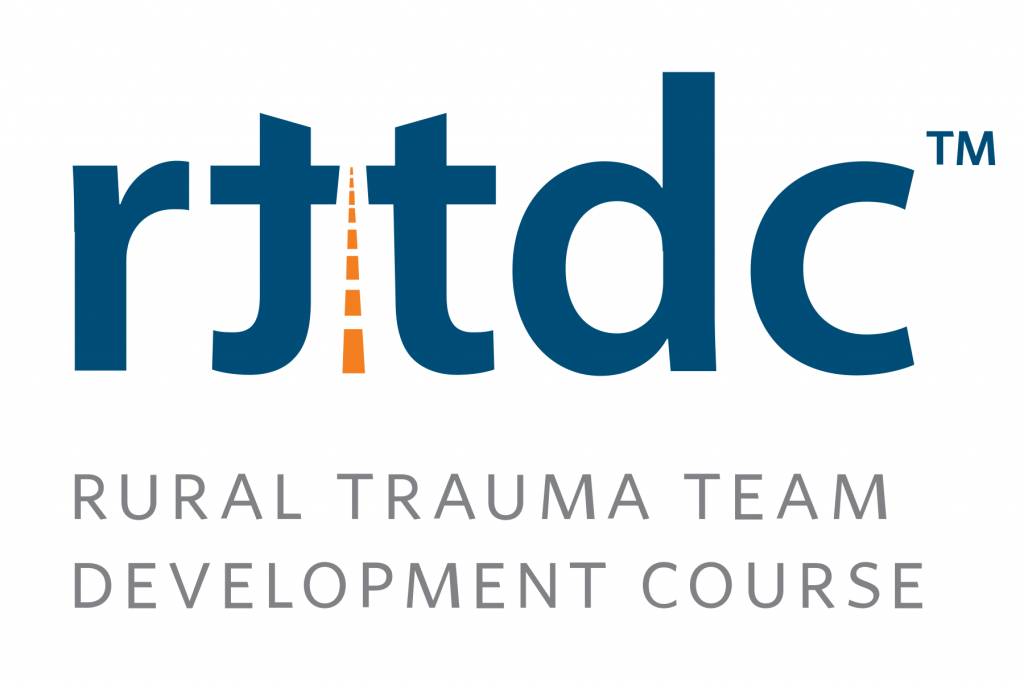
RTTDC Course
Read moreThe Rural Trauma Team Development Course (RTTDC), has been developed by the ad hoc Rural Trauma committee of the American College of Surgeons (ACS) Committee on Trauma (COT) to help rural hospitals with development of their trauma teams. It is hoped the course will improve the quality of care in their community by developing a timely, organized, and rational response to the care of the trauma patient and a team approach that addresses the common problems in the initial assessment and stabilization of the injured. It is the purpose of RTTDC to increase the efficiency of resource utilization and improve the level of care provided to the injured patient in the rural environment.
-
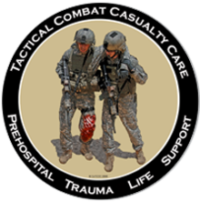
TCCC Course
Read moreThe specifics of casualty care in the tactical setting will depend on the tactical situation, the injuries sustained by the casualty, the knowledge and skills of the first responder, and the medical equipment at hand. In contrast to a hospital Emergency Department where the patient IS the mission, on the battlefield and in hostile civilian environments, care of casualties sustained is only PART of the mission. TCCC recognized this fact and structures its guidelines to accomplish three primary goals: treat the casualty, prevent additional casualties, and complete the mission. During all phases of care, the principle mandate of TCCC is the critical execution of the right intervention at the right time.
